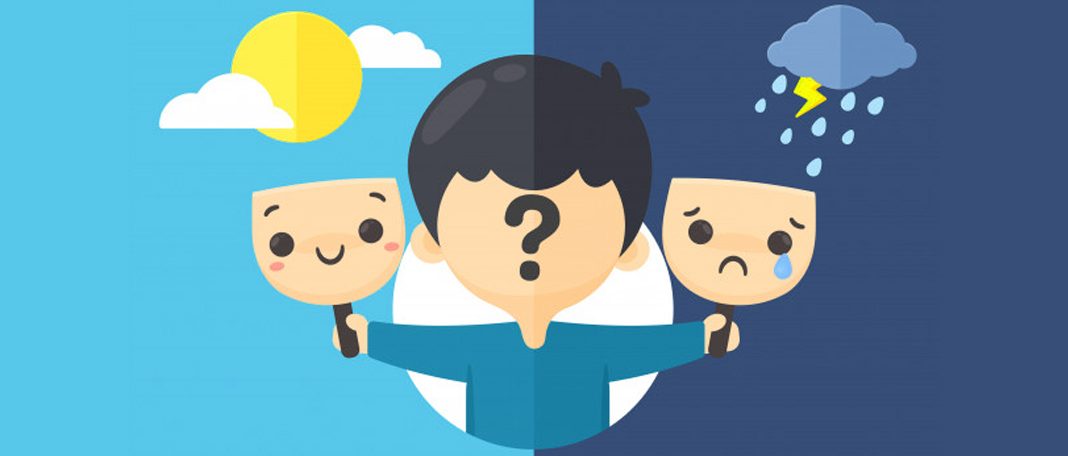What is Seasonal affective disorder? Seasonal affective disorder (SAD) is a form of depression. It has the same mood changes and symptoms of depression. Sometimes these symptoms begin and end when the season changes – usually occur during the fall and winter months when there is less sunlight.
Symptoms of Seasonal Affective Disorder:
- Feeling depressed and lonely most of the days
- Will experience insomnia problems
- Losing interest in things that one made you feel excited
- Having problems with concentrating
- Feeling of suicidal thoughts and ideas
- Starts to use drugs or alcohol for comfort
- Feeling agitated, irritable and anxious all the time
- Fatigue and reduced interest in sex
- Change in appetite
- Inability to sit still, pacing
How to Deal with Seasonal Affective Disorder:
Medications
SAD is also another type of depression so antidepressant medication called selective serotonin reuptake inhibitors (SSRIs) are also used to treat SAD when the symptoms occur. The (FDA) Food and Drug Administration also approved another type of antidepressant called bupropion – this can be used in an extended release form. It will reduce seasonal major depressive episodes when taken daily from the fall until the following early spring.
Regular Exercise
Exercise is the real medication to many health issues. It is an effective way to fight seasonal affective disorder, depression and many other problems. Regular exercise like running, jogging, swimming, push-ups and weight lifts will be of help in type of disorders.
Light Therapy
Light therapy will help with seasonal affective disorder. Light therapy can improve your mood in the seasons. It involves sitting by the lamp, it is called a SAD lamp or a light box. For at least 1 hour to half an hour you should sit by the light in the morning.
Maintain Healthy Diet
Take small, well balanced meals with lots of fresh veggies and fruits. This will surely help you with the symptoms of seasonal affective disorder.
SAD symptoms will make you crave for sugary eatables and carbohydrate food such as creamy pasta, and cheeses. At this time take foods like whole grain bread, oatmeal, brown rice- this will boost your feel good serotonin level.
Talk to Family and Friends about It
Join a Group: Sometimes joining a group can be of biggest help. Simply talking about your problem will make you feel better. Being with others with the same problem can soothe your isolation and left-out issues.
Meet Different People: Talk with new people of common interest by joining a club or class. Whatever you do, make sure it is fun and interesting for you.
Meet Friends Often for Coffee: Quickly call or email your close friend whom you trust and call them out for a small meet up. Most of the people will feel awkward to reach out for help, but it is one of the best medicines.


















